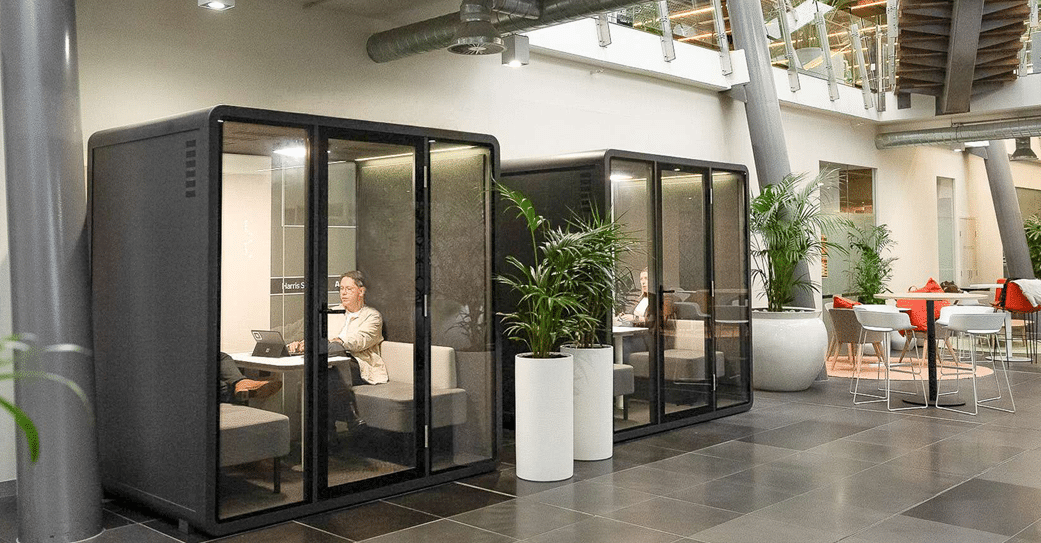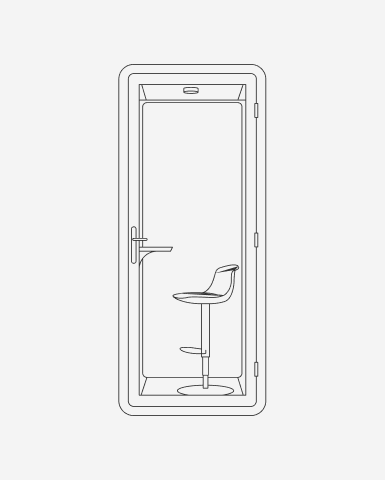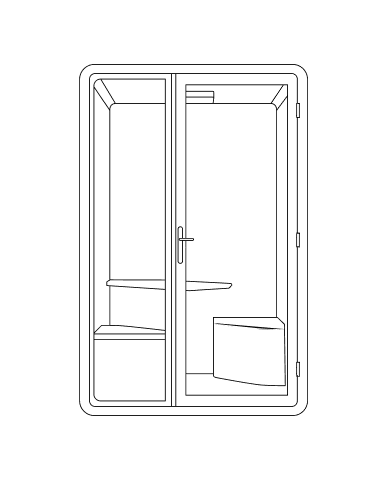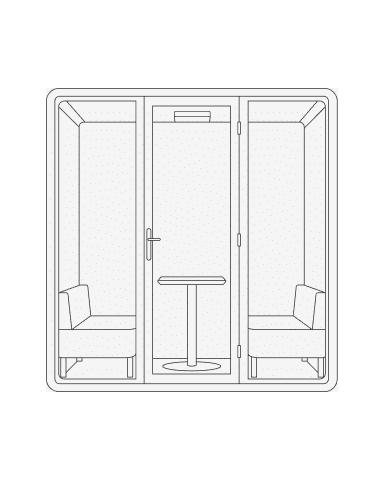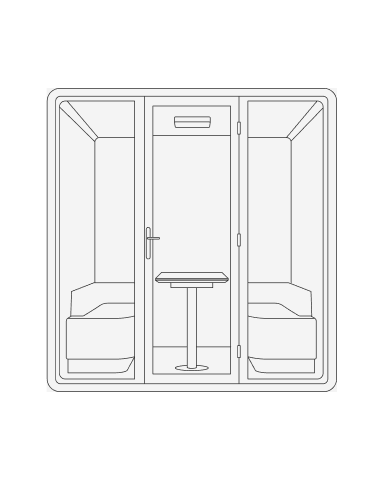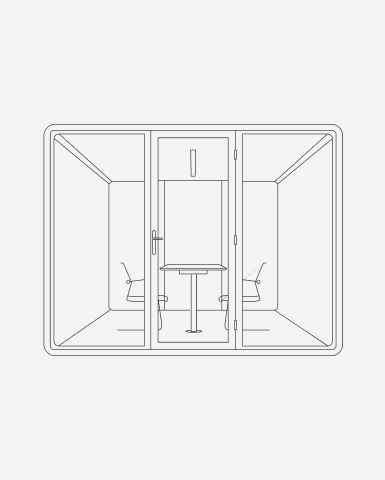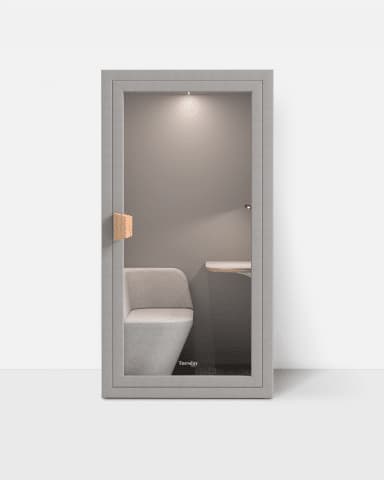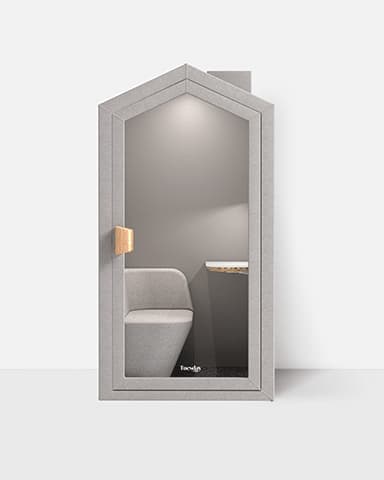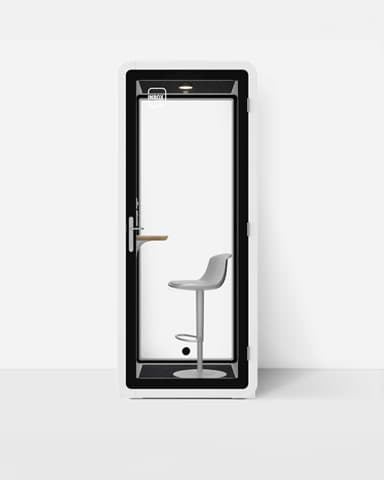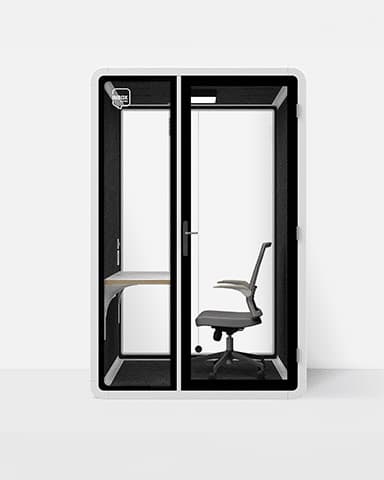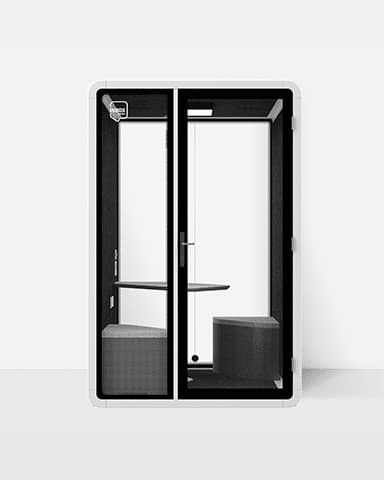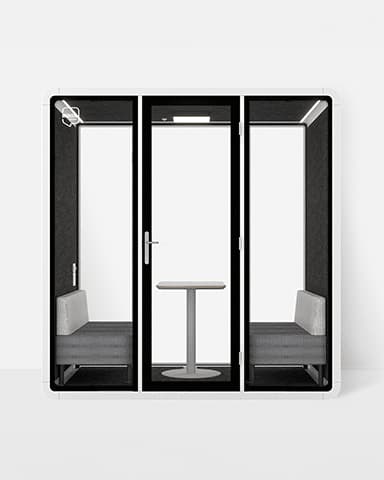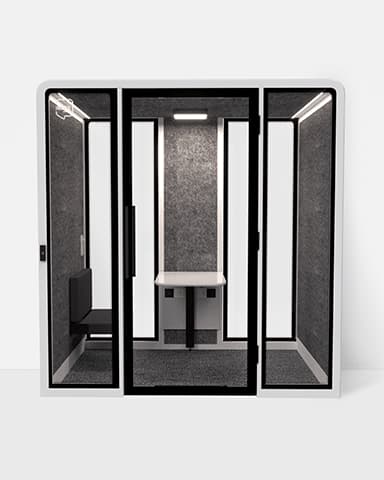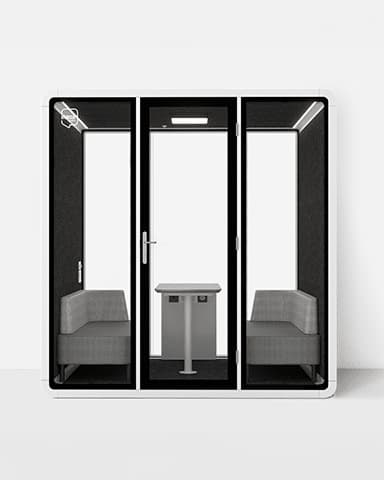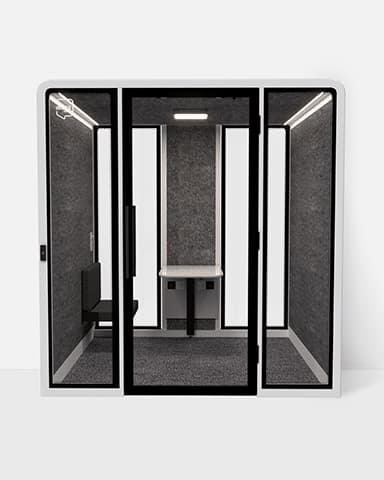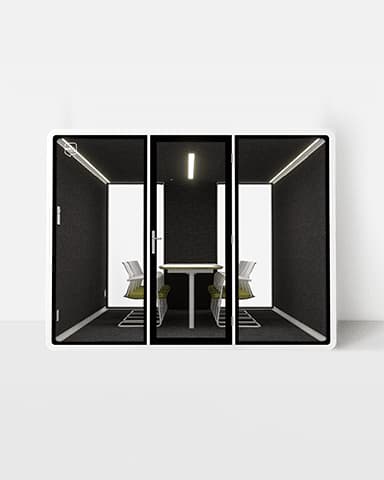Most Viewed
Can Meditation Make You More Productive at Work?


You’ve probably heard about meditation and all the ways it can benefit our mental health and overall wellbeing. But what about meditation for productivity? Can meditation and mindfulness help you at work? Of course! Here’s what you need to know:
What is meditation?
Meditation is a mindfulness practice that helps us learn how to regulate our attention and emotional responses to the world around us. When done regularly, meditation can help with:
- Calming
- Grounding
- Relaxation
There are different styles of meditation, including:
- Focused attention: a concentration-based style that involves sustained focus on something like an object, mantra, or one’s breath. In this style of meditation, whatever we focus on acts as a sort of lighthouse for our minds; something we can use to either maintain our attention to bring our attention back to when our minds start to wander.
- Open monitoring: also known as “noting” meditation, this is a mindfulness-based style intended to help us build awareness of our emotional and cognitive patterns. In this technique, we’re asked to notice and name the thoughts and feelings that come up during meditation without judgment. This helps us gain a better understanding of how our minds respond to the world.
No matter what style you subscribe to, always remember that successful meditation is rooted in being:
- Mindful
- Present
- Intentional
How can meditation help at work?
For many of us, daily life is busy and often stressful. As a result, we have a tendency to slip into autopilot just to stay on top of things. This strategy may help us get the job done, but it’s rarely sustainable.
There’s a reason so many of us feel like we’re constantly treading water just to keep our heads above the surface! Unfortunately, when we neglect our mental and emotional needs, we often end up compounding our stress, developing unhealthy coping mechanisms, and becoming less productive. In other words: we burn out.
While it’s easy to brush meditation off as being “woo-woo”, it’s actually a well-established and highly-recognized way to tend to your mental hygiene. When practiced regularly, meditation can help support your productivity in the workplace by:
- Decluttering your mind
- Calming racing thoughts
- Improving focus and concentration
- Reducing overall stress
- Cultivating a positive mindset
- Strengthening memory
- Enhancing our brain’s neuroplasticity
- Cultivating greater self-awareness

How to meditate
There’s no one “right” way to meditate. Some people prefer to practice in perfect silence while others like to listen to gentle music or guided meditations. You can meditate sitting or laying down, in the dark or in a sunny spot, morning or before bed. The specifics aren’t as important as finding what works best for you. That said, while there’s plenty of room for flexibility in your meditation practice, the act itself typically looks something like this:
1. Get comfortable
Find a quiet place where you can sit or lay down comfortably without being interrupted or distracted. Turn off your phone (or notifications if you need your phone to play a guided meditation) and let others know not to disturb you. This is your time!
2. Focus on your breath
Breathing is something we do without thinking: it’s constant and automatic, which makes it the perfect thing to focus your attention on. You don’t need to change anything about your breath if you don’t want to — simply notice the rise and fall of your chest, the sensation of the air as it moves in and out of your lungs. Whenever you notice your mind starting to wander, you can re-centre yourself by returning to your breath.
3. Check in with yourself
It’s normal for your mind to wander, especially when you’re just starting out with meditation. When you notice thoughts or feelings interrupting your zen, don’t be hard on yourself about it. Instead, take a moment to notice what you’re thinking and feeling. Then, after you’ve acknowledged whatever is on your mind, imagine setting it aside. Tell yourself that you can come back to it once your practice is finished.
Continue steps 1 and 2 for your desired amount of time.
Tips for strengthening your meditation practice
- Start small: In the beginning it’s best to start with shorter sessions of about 5 to 10 minutes. The more you practice, the longer your sessions can be!
- Create a routine: When it comes to meditation, consistency is key. Find a regular time in your schedule to focus on your practice and make it a priority.
- Be patient: You might struggle to clear your mind at first, but that’s okay! The important thing to remember is that meditation is considered a “practice” for a reason.
To take your productivity to the next level, consider how your work environment plays a role. Our soundproof office booths offer the perfect space to focus without distractions, creating an atmosphere that enhances your productivity. Get in touch with our team today to learn how Inbox Booths can help transform your workspace!
Share article with your community!
Most Viewed



